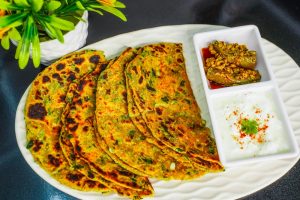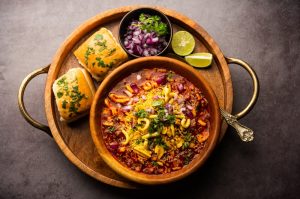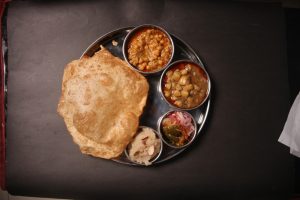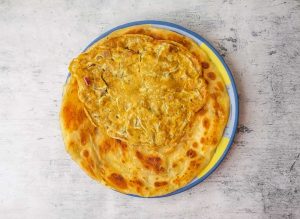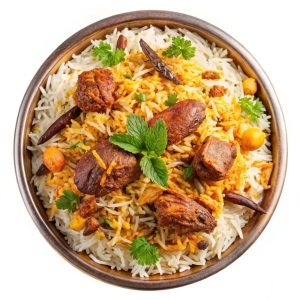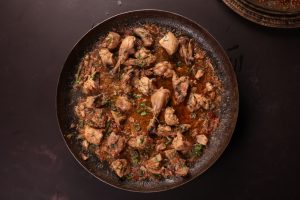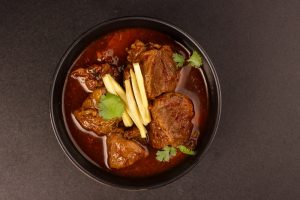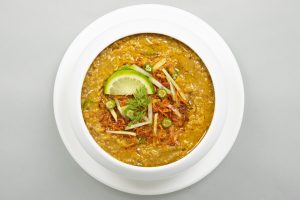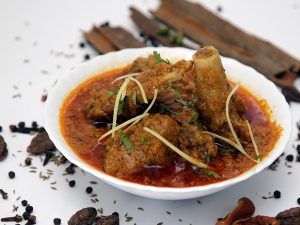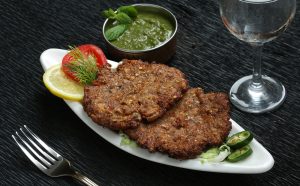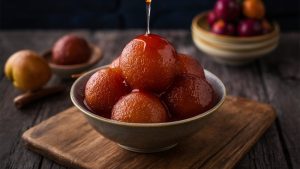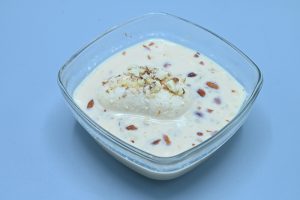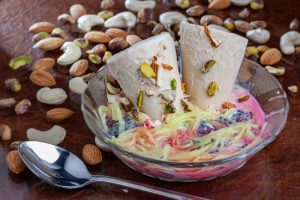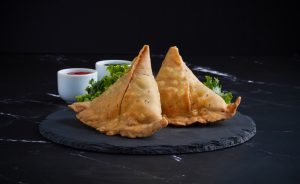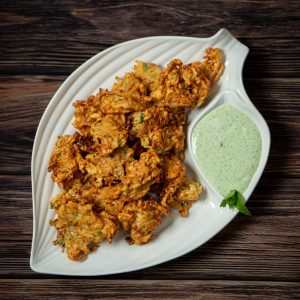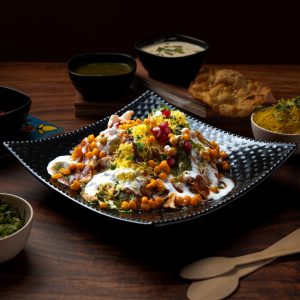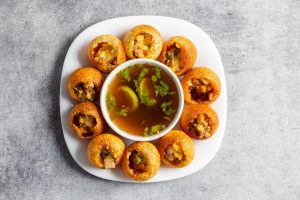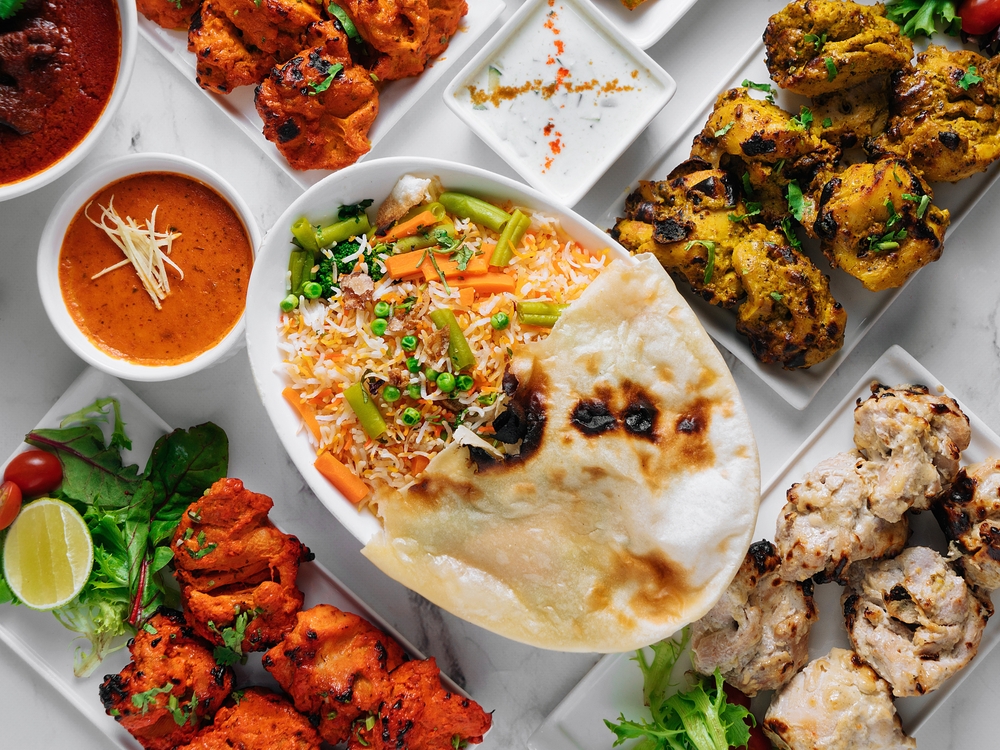
Remember how a single bite of biryani or a tender kebab transport you to another world?
That’s the magic of Pakistani food. A rich blend of history, culture, and spices that come together to create something truly unforgettable. From tempting kebabs to aromatic curries. It invites you to explore a journey through flavour.
And guess what? Fresh Point Juice Bar and Restaurant brings that magic straight to your plate in Perth.
Think about juicy kebabs, buttery naans, and curries so good you’ll be licking your spoon. And enjoy the historical legacies associated with it.
Let’s start our tasty tale of Pakistani food.
Pakistani Cuisine | The Richness of History, Culture & Traditions
Pakistani cuisine is known for its diversity, depth, and richness of taste. It’s a mesh of different cultural influences and traditions that have come together. And the result is mouth-watering good.
The history of Pakistani cuisine is as rich and complex as the nation itself. Its roots can be traced back to thousands of years. Let’s have a look at it.
- Indus Valley civilisation first introduced the early forms of flatbreads, lentils, and spices.
- Different invaders like Arabs, Persians, & Turks have added their native touch to them.
- In the 1700s, Mughal emperors introduced decadent dishes like biryanis and kormas.
- Colonial times brought British influences & fusion dishes such as meat pies with a desi twist.
- The kebabs and naans of Central Asian nomads also became staples.
The result is that Pakistani cuisine is a delightful combination of cultural influences. This is the reason behind the richness of Pakistani cuisine. Along with the geographical influence which is discussed below.
How Neighbours Shaped Pakistani Cuisine
Neighbouring countries like India, Iran, and Afghanistan have profoundly influenced Pakistani cuisine. E.g.
- While Indian cuisine shares a love for spices and curries
- Iranian food introduced pilaf and kebabs.
- Afghanistan contributed its hearty bread, like naans and parathas.
- Iranians put an emphasis on meat-based dishes.
These influences enriched the Pakistani culinary landscape. Making it a melting pot of regional traditions that continue to evolve. Now let’s have a peek at the insides of this pot.
Mouth-Watering Dishes of Pakistani Cuisine
Now that you’ve had a glimpse into the rich history of Pakistani cuisine. Let’s take it a step further and explore the different meals you can enjoy throughout the day. Along with flavour profiles, key ingredients, and some pro-eating tips.
1. Breakfast Flavours
In Pakistan, breakfast is a hearty and satisfying affair. It’s the meal that sets the tone for the day, featuring rich flavours and ingredients that fuel you for whatever the day may bring. From parathas to lentil dishes, there’s something for everyone.
Dish | Flavour | Ingredients | Eating Tips | What it Looks Like |
Aloo Paratha | Warm Savoury Slight spicy | Whole wheat flour Potato Coriander green chillies | Enjoy it with yoghurt or pickle for an extra punch. |
|
Chana Masala | Tangy Spicy | Chickpeas Tomatoes Onions Spices, yoghurt | Pair with a soft naan for a satisfying breakfast. |
|
Halwa Puri | Sweet Rich Warm | Semolina (suji) Ghee & sugar Puri (fried bread) | Served with a side of spicy chickpea curry. |
|
Anda Paratha | Savoury Rich Egg flavour | Eggs With onions, tomatoes, Green chillies Flat bread | A full meal that can be eaten with plain yogurt or tea. |
|
Breakfast is usually enjoyed with a cup of warm tea called “Chai”.
2. Lunch & Dinner Specialities
Lunch and dinner in Pakistan are the meals to look forward to. It’s those times of day when families and friends gather to share flavour-packed dishes. Think rich gravies, tender meats, and the iconic flatbreads.
Dish | Flavour | Ingredients | Eating Tips | What it Looks Like |
Biryani | Aromatic Spicy Rich | Basmati rice chicken or mutton tomatoes, potatoes spices | Pair it with a refreshing raita (yogurt dip). |
|
Seekh Kebabs | Smoky Spicy Savoury | Minced meat (beef or chicken) Garlic ginger cumin coriander | Pair with naan or rice for a complete meal. |
|
Karahi | Spicy Tangy Creamy | Chicken or mutton Tomatoes Green chillies Garlic & ginger | Enjoy with naan or steamed rice. |
|
Nihari | Hearty Mild spice Deep in flavour | Beef shank Onions Oil curry Ginger Spices | Naan is used to soak up the delicious gravy. |
|
Haleem | Hearty Spicy Smooth | Wheat Different lentils Mutton or chicken Spices | Best served with a squeeze of lemon and crispy fried onions. |
|
Korma | Rich Creamy Mild spicy | Chicken or mutton Yogurt Cream Spices | Pair with naan or steamed basmati rice. |
|
Chapli Kebab | Fried Smoky Crispy Aromatic | Ground beef Onions Tomatoes Green chillies | Enjoy with a side of naan, rice, or in a wrap. |
|
Don’t forget about the diet factor as everything is rich in carbohydrates & fats.
3. Dessert Items
No meal is complete without a satisfying dessert. Pakistani desserts often have a rich & indulgent sweetness. That perfectly balances the heat from the spices in the main meal.
Dish | Flavour | Ingredients | Eating Tips | What it Looks Like |
Gulab Jamun | Warm Sweet Aromatic | Milk solids Sugar Ghee Cardamom & rosewater | Enjoy it warm for the best experience. |
|
Kheer | Creamy Fragrant Comforting | Rice Milk Sugar Cardamom Almonds | Pair with a hot cup of chai for the perfect finish. |
|
Kulfi | Creamy Rich Refreshing | Milk Sugar Pistachios Saffron | A cool, creamy treat that pairs perfectly with spicy meals. |
|
Lactose intolerant people beware that almost every dish has milk as the main ingredient.
4. Snack Suggestions
Need something to nibble on during the day? Pakistani snacks are ideal for satisfying hunger between meals. Offering a great mix of crispy and spicy bites.
Dish | Flavour | Ingredients | Eating Tips | What it Looks Like |
Samosas | Crispy Spicy Fried Savoury | Spiced potatoes Peas Minced meat Flour | Pair with mint chutney for more spice & flavour. |
|
Pakoras | Crispy Crunchy Mild spicy | Chickpea flour Onions Potatoes Spinach | Best enjoyed with a cup of chai (tea). |
|
Chaat | Sweet Tangy Spicy | Chickpeas Potatoes Yogurt Spices | Serve chilled for a refreshing snack. |
|
Pani Puri | Tangy Spicy Crunchy | Semolina shells Potatoes Chickpeas Spices | Eat in one go for the full burst of flavours. |
|
You can ask to keep the spices mild if you are trying Pakistani snacks for the first time.
Spices: The Soul of Pakistani Cooking
Many people in Australia know spices in Pakistani cuisine are more than just ingredients. They’re the backbone of its unique taste.
Here are some common spices that add magic to Pakistani cuisine.
Spice | Role |
Turmeric | Adds colour and earthy depth |
Cumin | Provides smoky & nutty undertones |
Coriander Seeds | Add citrusy freshness |
Cardamom | Delivers a warm & floral aroma |
This mastery of spices transforms simple ingredients into extraordinary dishes.
Regional Variations in Pakistani Food
Pakistan is one of the most populated countries in the world. And people from different parts of the country have their own culture & traditions. This regional diversity influences Pakistani cuisine and adds layers to it. Where each province brings its own signature dishes.
- Punjab: Known for rich and buttery dishes in which lentils and pulses dominate. E.g. butter chicken and daal roti.
- Sindh: In Sindh and Karachi, food is all about spice. E.g. spicy curries, Nihari and Sindhi biryani.
- Baluchistan: Celebrated for Sajji, a whole lamb roasted with minimal spices.
- Khyber Pakhtunkhwa: Food is dominated by meat-based dishes and is heavily influenced by Central Asian and Afghan traditions. E.g. chapli kebabs.
This regional variation makes it possible for Pakistani cuisine to cater to a wide range of tastes.
Modern Pakistani Cuisine & Its Global Impact
Today, modern Pakistani cuisine combines traditional recipes with contemporary trends. Like deconstructed samosas or fusion biryanis. This adaptability keeps the impact of Pakistani cuisine constant. While appealing to evolving palates.
Moreover, with the increase in Pakistani migration over time. The food has interwoven itself into many societies outside of South Asia. With continuous variations and modifications in the cooking style.
Pakistani cuisine has come a long way and is now truly global. And even in Perth, many restaurants are offering Pakistani cuisine. So, you do not have to long to go to Pakistan to have that same authentic taste.
Conclusion
Pakistan’s cuisine is as diverse as the history and culture of the country. It ranges from Karachi and Lahore’s spicy foods to Peshawar and Quetta’s simple meat dishes.
The amazing taste with continuous fusions has made Pakistani cuisine more palatable to a wider audience. Perhaps the real journey of Pakistani cuisine is the way it has evolved over thousands of years. And continues to impress the taste buds everywhere it goes.
Craving Something from Modern Pakistani Cuisine?
Taste the Richness of Pakistani Cuisine at Fresh Point
Our menu is a tribute to the richness of Pakistani cuisine. Featuring everything from smoky kebabs to creamy curries that hit all the right notes.
Plus, we’re all about that halal goodness and cosy vibes. Whether it’s date night or a chill hangout. Just drop by Fresh Point Juice Bar and Restaurant. We’ve got the dishes, the vibe, and the ambiance to make your meal unforgettable.
Your taste buds will thank you!

